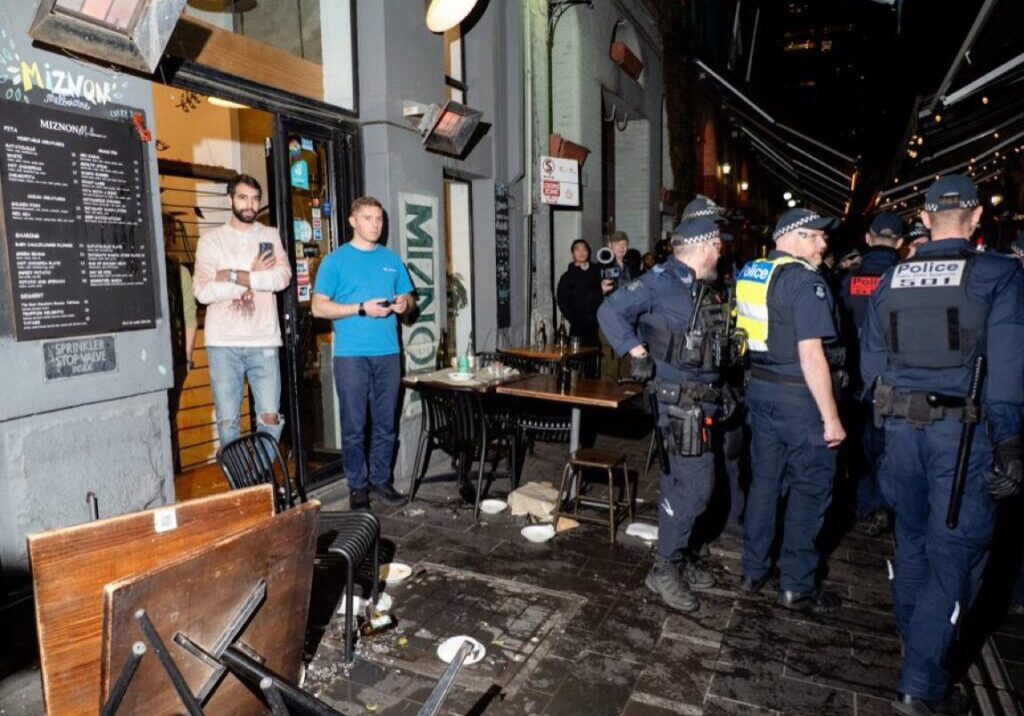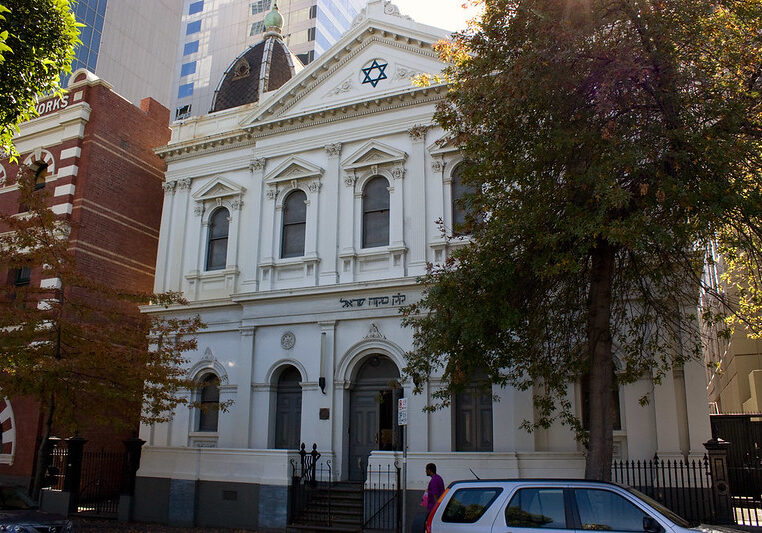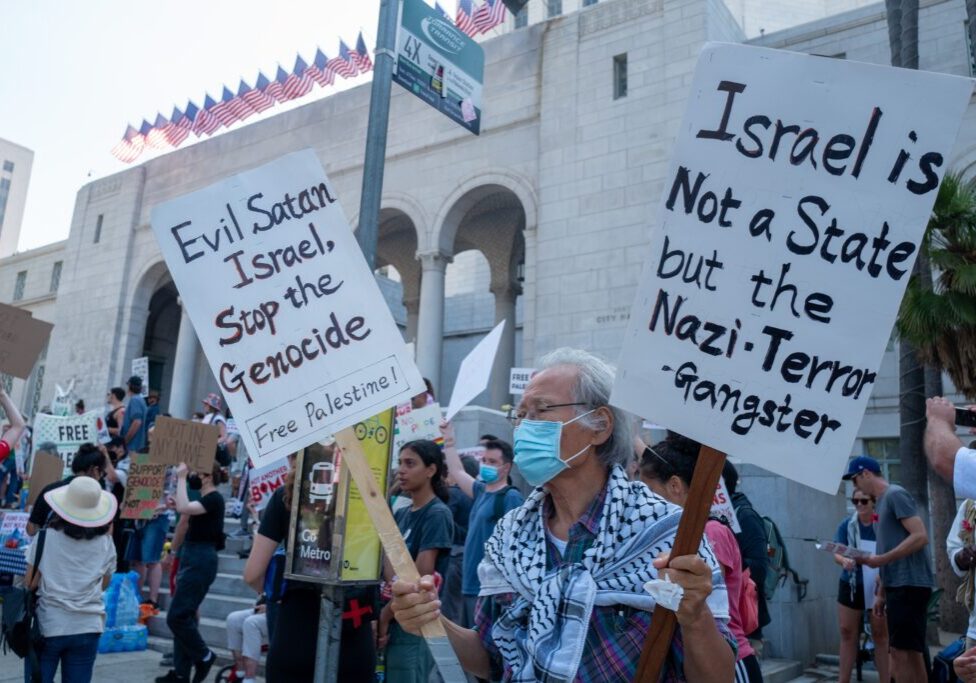Australia/Israel Review
The Last Word: Offence and Threats
Dec 18, 2008 | Jeremy Jones
By Jeremy Jones
When some Sydney teenagers created a group on the social networking internet platform “Facebook”, on which they posted photos of poorly or creatively parked vehicles and made infantile and sometimes offensive comments about Jews, they were apparently oblivious to the public nature of their activities and the consequences of their actions.
By giving the discussion group an anti-Jewish epithet, and allowing crude and abusive comments to appear, the individuals involved, quite deservedly, brought themselves dishonour, disrespect and, hopefully, discipline.
I personally lodged a complaint about the group, and subsequently the NSW Jewish Board of Deputies pursued the matter. The incident appealed to the media as the irresponsible individuals responsible for the incident attended elite non-government schools. Further, the matter has the potential to be a salutary lesson for people who might imagine their online activities are more private than they actually are, and/or for those who imagine online activity has no implications in the wider social context.
That said, the whole matter needs to be seen in a broader perspective.
There has been no suggestion that the teenagers involved were harassing Jews or anyone else, while there are a number of people and organisations who might not be stupid enough to create facebook groups, but who do harass, intimidate and threaten on-line.
The stereotype promoted was unpleasant. As with all such stereotypes, it demeaned the target group and for this reason was rightly exposed, hopefully before it gained even a modicum of acceptability amongst any part of the community.
It was not, however, as hateful as the stereotype promoted, at the same time, by a well-known Australian blogger supported by sections of the organised political left and far-right, of “Judeo-Nazis” as a term for Israelis.
Unlike, for example, some sites which promote vicious anti-Jewish stereotypes, this teenage group did not occupy a prominent place in search engine results – and in the “googling” era such rankings are highly significant.
The slur was not attributing any suspect motive to Jews, nor suggesting malicious Jewish power and misuse of power, unlike Jewish caricatures which abound on and off the internet.
The slur was offensive and those who promoted it were wrong, but the coverage it garnered was wildly disproportionate, especially when compared with the limited reporting by the same media outlets of incidents of actual anti-Jewish violence, vandalism and harassment in Australia.
In the wider world, Dec. 9, the day the “Facebook” story erupted in the media, was the 60th anniversary of the UN Genocide Convention. The anniversary was marked in Iran by further statements from a senior regime figure for all intents and purposes calling for genocide of Israelis, a matter which was not considered newsworthy in this country.
A day earlier, one of the perpetrators of the horrendous spree of terrorist murder in Mumbai had affirmed the genocidal belief of his group that killing Jews anywhere, any time, was not only defensible but a religious injunction.
Dec. 10, as the “Facebook” media feeding frenzy continued, was the 60th anniversary of the Universal Declaration of Human Rights. The body at the centre of the celebration of this landmark, the United Nations, has, as its central institution for dealing with human rights, the Human Rights Council. This is dominated by what UN Watch calls “an alliance of repressive regimes” which has “acted to systematically undermine core principles and effective mechanisms” of human rights which had been established over a long period.
Only 13 of that body’s 47 members even had positive voting records on human rights issues addressed by the Council.
The proliferation of anti-Jewish stereotypes and caricatures in the mainstream media of UNHRC members is an outrage, but one which other members of the international community appear willing to quietly accept, if not tolerate.
It is easy, too easy, for the media to focus on immature, insensitive and offensive teenagers. But the reality is that threats to human rights and the promotion of racist ideologies come from far more dangerous sources than Sydney high school students.
Tags: Antisemitism






